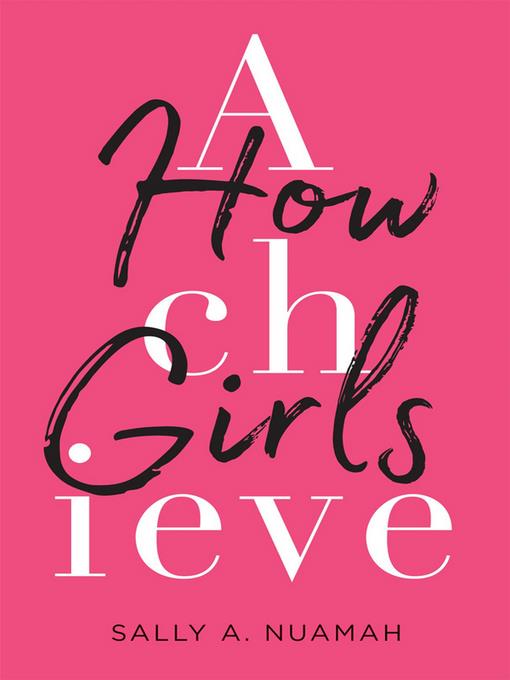
How Girls Achieve
کتاب های مرتبط
- اطلاعات
- نقد و بررسی
- دیدگاه کاربران
نقد و بررسی

April 1, 2019
Activist and filmmaker Nuamah (Sanford Sch. of Public Policy, Duke Univ.) discusses race, gender, and educational policy in this incisive work that examines how schools could become safer and more equitable places for black female and nonbinary students. The author speaks with students, teachers, and administrators at schools in South Africa, the United States, and Ghana, exploring educational culture in relation to gender, race, and politics in each country as well as at specific schools. The young people's discussions of their experiences demonstrate the complex ways in which students interact with, and sometimes change, the cultures of the institutions they attend. Nuamah focuses on institutional redesign as a vehicle for racial and gender equity in schools; Iris Bohnet's What Works, which Nuamah cites and which considers gender equity in workplaces and schools, would make a fascinating complementary read. Those eager to reflect on equity in their own schools will appreciate a list of resources, including a series of questions about factors that contribute to gender equity or inequity. VERDICT Nuamah's intersectional, feminist, and cross-cultural research is recommended for readers interested in institutional culture, race, and/or gender in educational contexts.--Amber Gray, Fogler Lib., Univ. of Maine, Orono
Copyright 2019 Library Journal, LLC Used with permission.

Starred review from March 1, 2019
Research shows that schools are the most important institutions for improving life trajectories of the disadvantaged. How then, Duke University assistant professor Nuamah asks, can we transform schools to more equitably serve girls? Building on recent scholarship cataloging education inequality, like Eve L. Ewing's masterful Ghosts in the Schoolyard (2018), Nuamah offers a step-by-step series of recommendations for resolving it, illustrating each step with a case study: a government school in South Africa to emphasize the necessity of physical safety; an American, predominantly Black, all-girls elementary school that focuses on soft skills like confidence building; and a Ghanaian school where academic success, typically conceived as academic performance, has been recalibrated as a more holistic measure of well-being. Together, they amount to the construction of what Nuamah terms achievement-oriented identities (or AOIs), which arm students with positive attitudes, as well as tools and strategies to overcome obstacles. Nuamah's ethnography and data analysis are rigorously academic, but her clear prose and approachable style make this a book for a broad audience of parents, policy makers, educators, organizers, academics, and administrators. And, though girls are Nuamah's focus and her case studies all focus on young Black women, she convincingly claims that disrupting inequitable power relations will ultimately benefit everyone.(Reprinted with permission of Booklist, copyright 2019, American Library Association.)

























دیدگاه کاربران